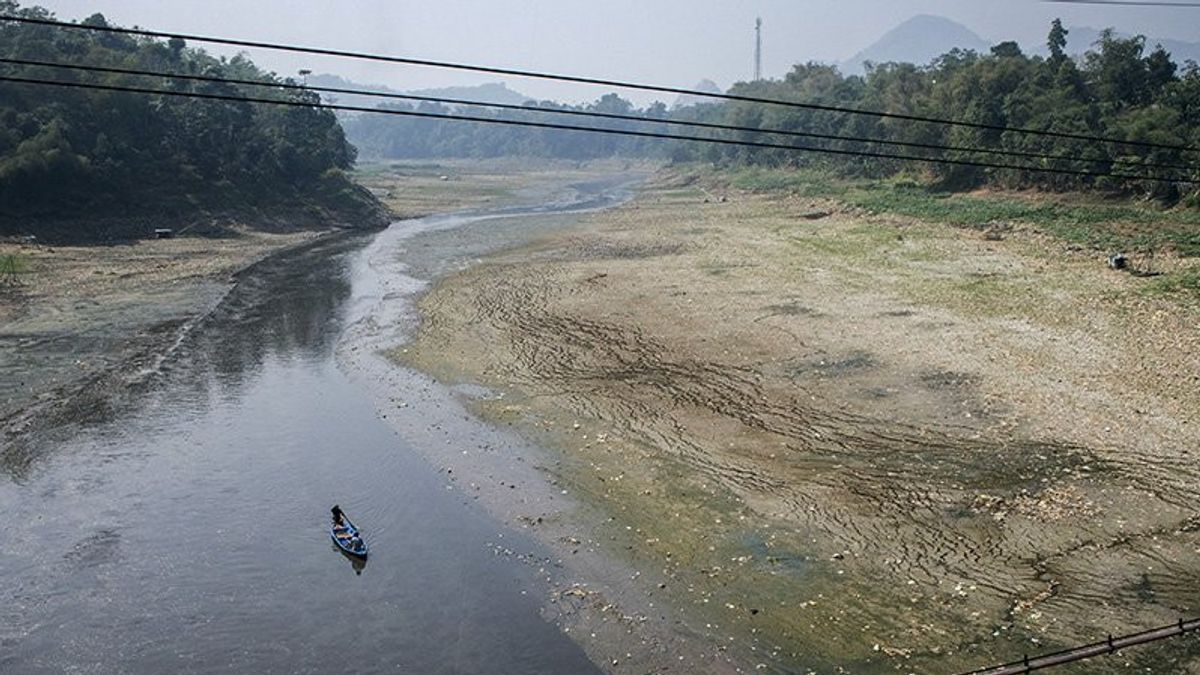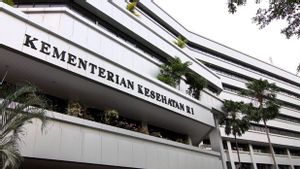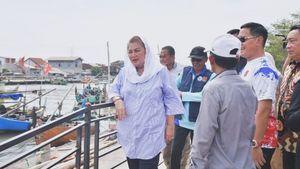BANDUNG - The Meteorology, Climatology and Geophysics Agency (BMKG) has asked local governments and communities in the Greater Bandung area, West Java, to be aware of the possibility of drought during this year's dry season. This year's dry season is estimated to be drier than usual.
Head of BMKG Bandung Geophysics Station Teguh Rahayu said the El Nino phenomenon could make the dry season last longer and more dry.
"If El Nino happens, then West Java will be included in the area affected by El Nino in Indonesia, including the Greater Bandung area," said Teguh Rahayu in Bandung, quoted from Antara, Tuesday, June 6.
El Nino is a phenomenon of sea level temperature heating above normal conditions in the central Pacific Ocean.
This condition increases the potential for cloud growth in the central Pacific Ocean and reduces rainfall and triggers drought in Indonesia.
Teguh said that El Nino could make the dry season last longer and more dry in the Greater Bandung area, which includes Cimahi City, Bandung City and Regency, West Bandung Regency, and Sumedang Regency.
If the dry season lasts longer and is drier than usual, there will be increased risk of drought, lack of clean water, forest and land fires, to disruption of food production.
Therefore, the community is advised to prepare water reserves by filling lakes, reservoirs, reservoirs, retention ponds, and other water reservoirs at the end of the rainy season.
BMKG predicts the Greater Bandung region will enter the dry season between May second and June basis I.
Teguh said that several rainwater observation posts had detected a decrease in rainfall in the Greater Bandung area.
"It should be understood that the dry season does not mean that rain will not happen at all, but will still occur, with a much smaller frequency and intensity compared to the rainy season and the transition period," he said.
He also said that the BMKG had never issued an early warning regarding extreme hot conditions because according to observations, extreme hot conditions had never occurred in Indonesian territory.
"What needs to be understood is that in the dry season the cloud cover will be less compared to the rainy season and the transition period, so that sunlight will reach more Earth's surface, which causes the weather to feel hot. However, the temperature does not reach the extreme category," he said.
اقرأ أيضا:
The English, Chinese, Japanese, Arabic, and French versions are automatically generated by the AI. So there may still be inaccuracies in translating, please always see Indonesian as our main language. (system supported by DigitalSiber.id)
العلامات الأكثر شيوعًا
#فلسطين #هاستو كريستيانتو #free nutritious food #patrick kluivert #tangerang sea fenceجمع
18 Januari 2025, 01:16


















